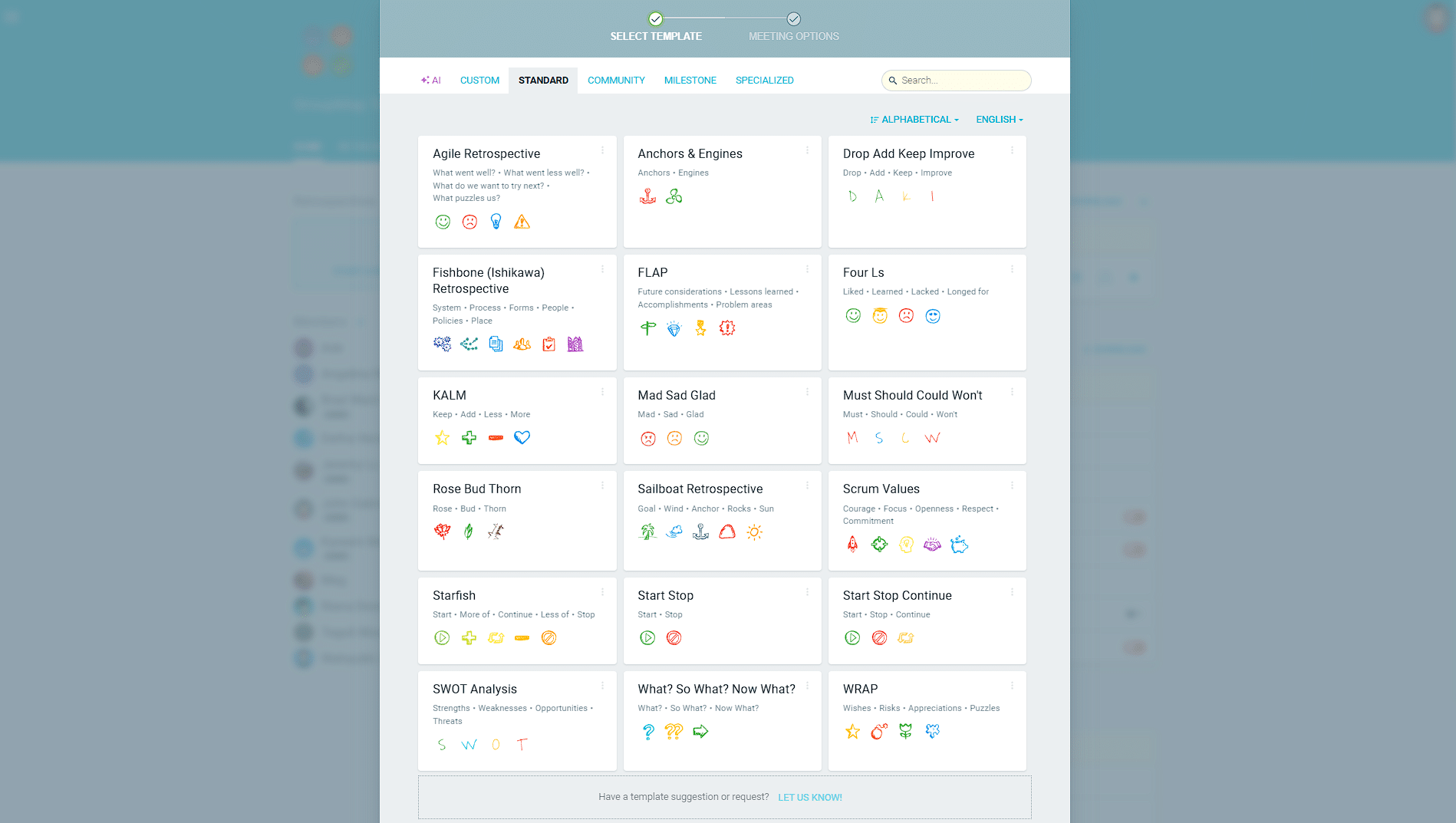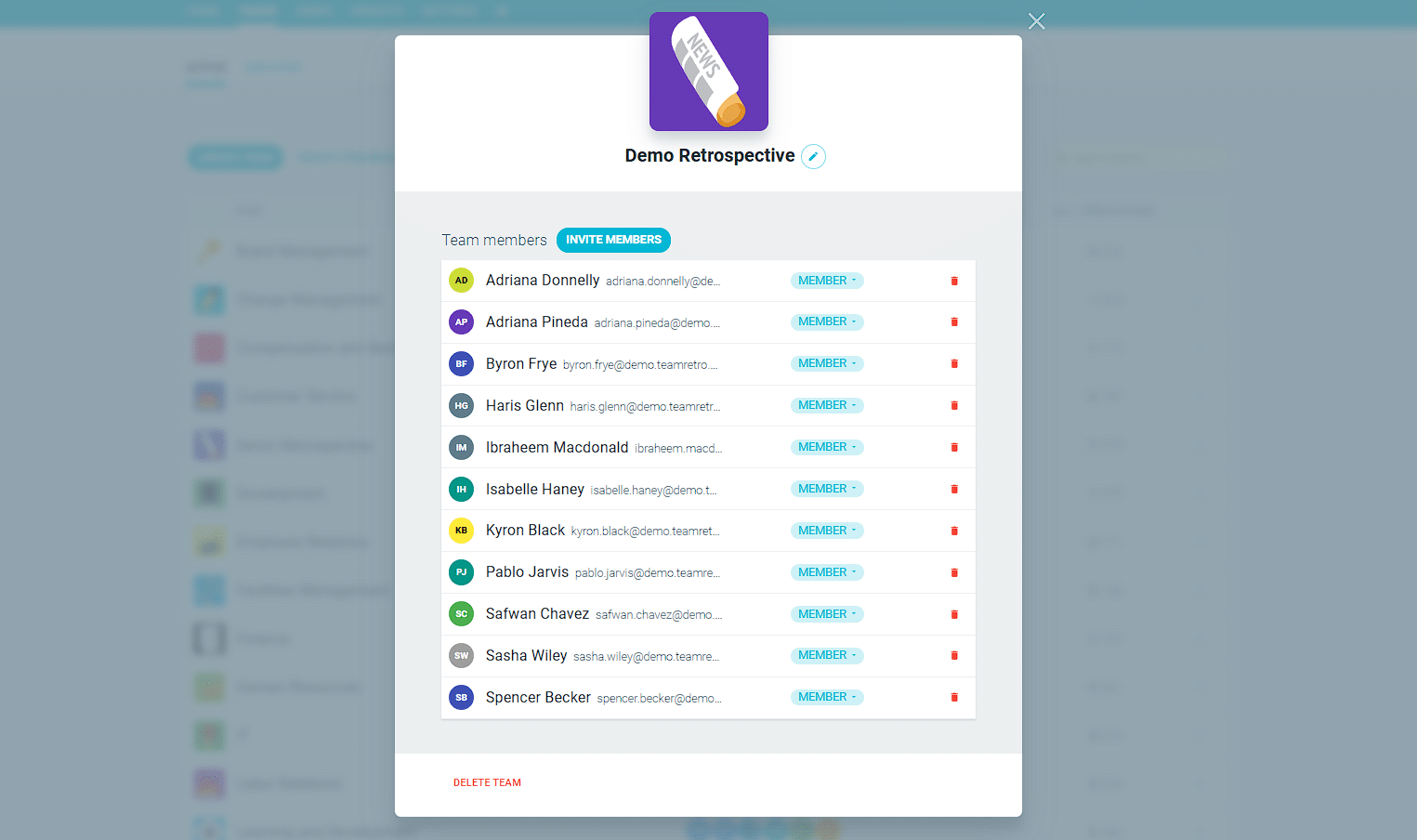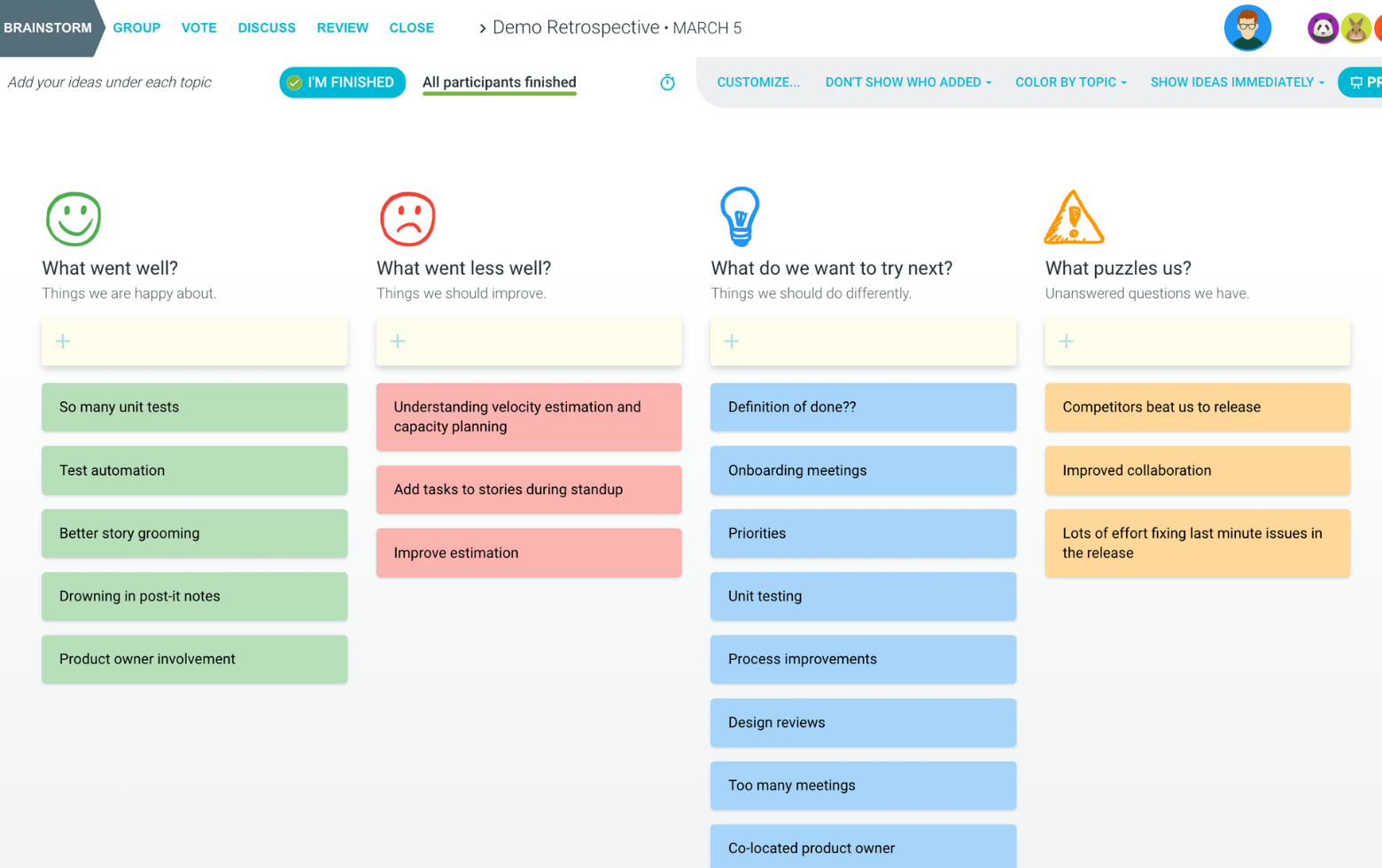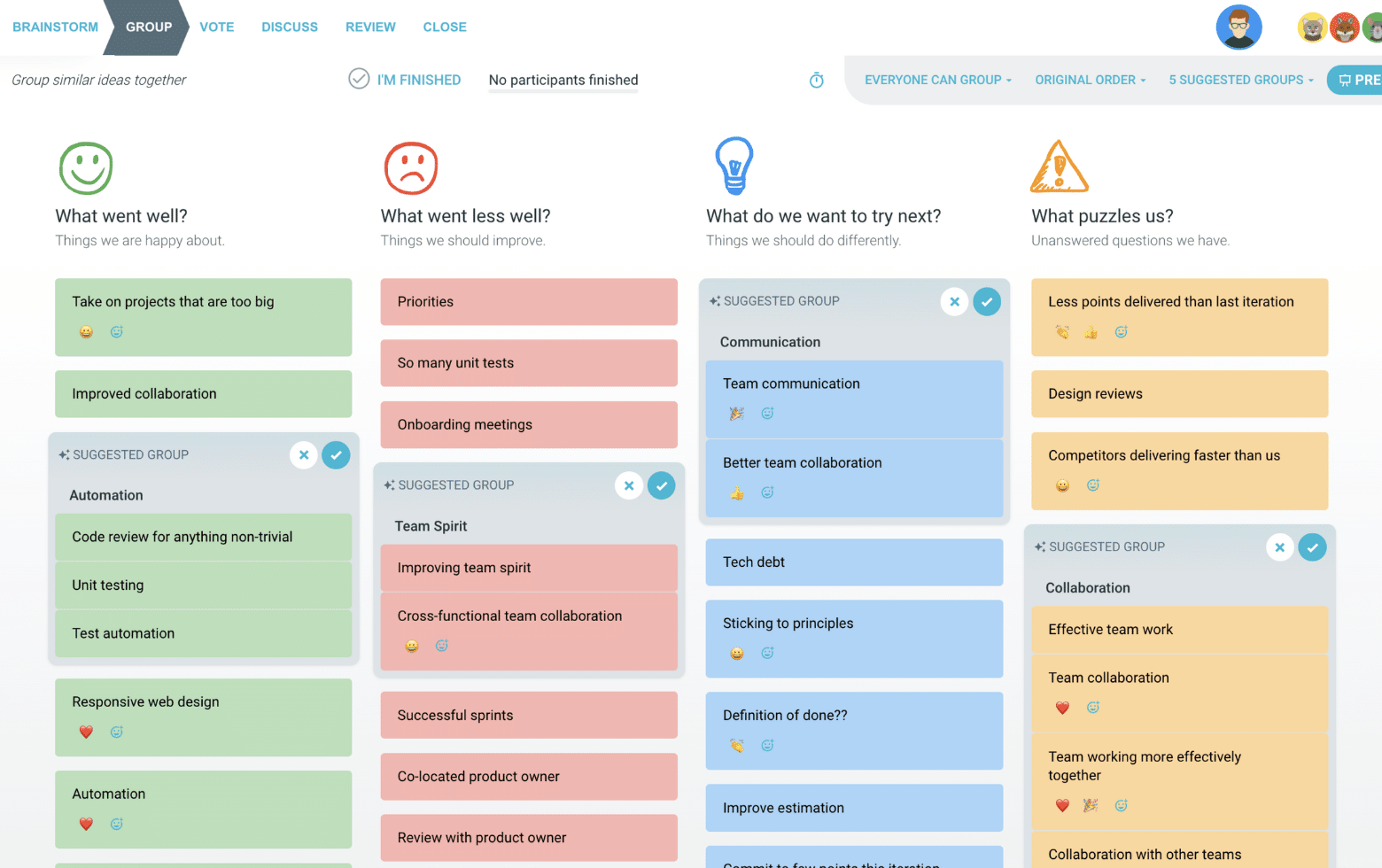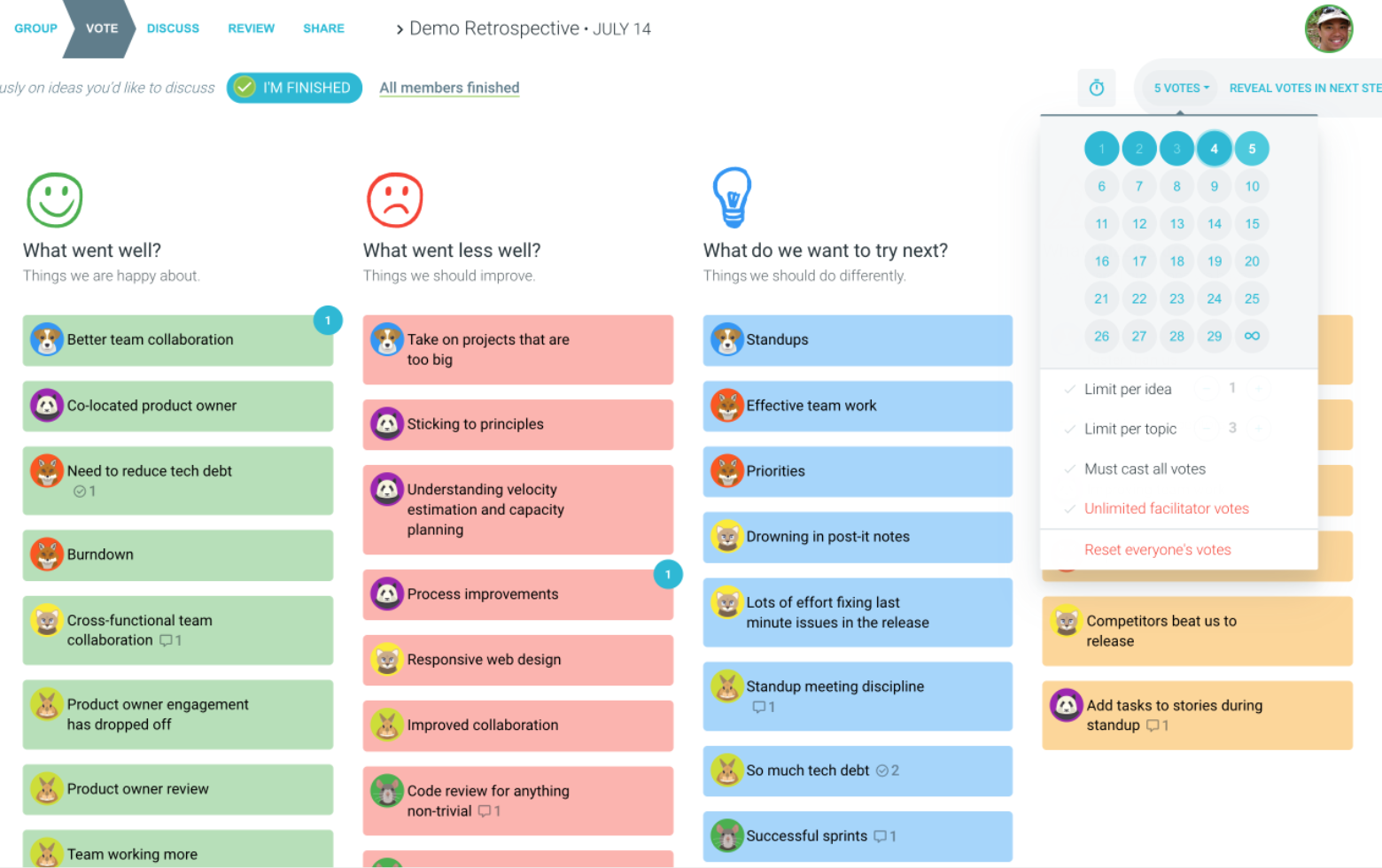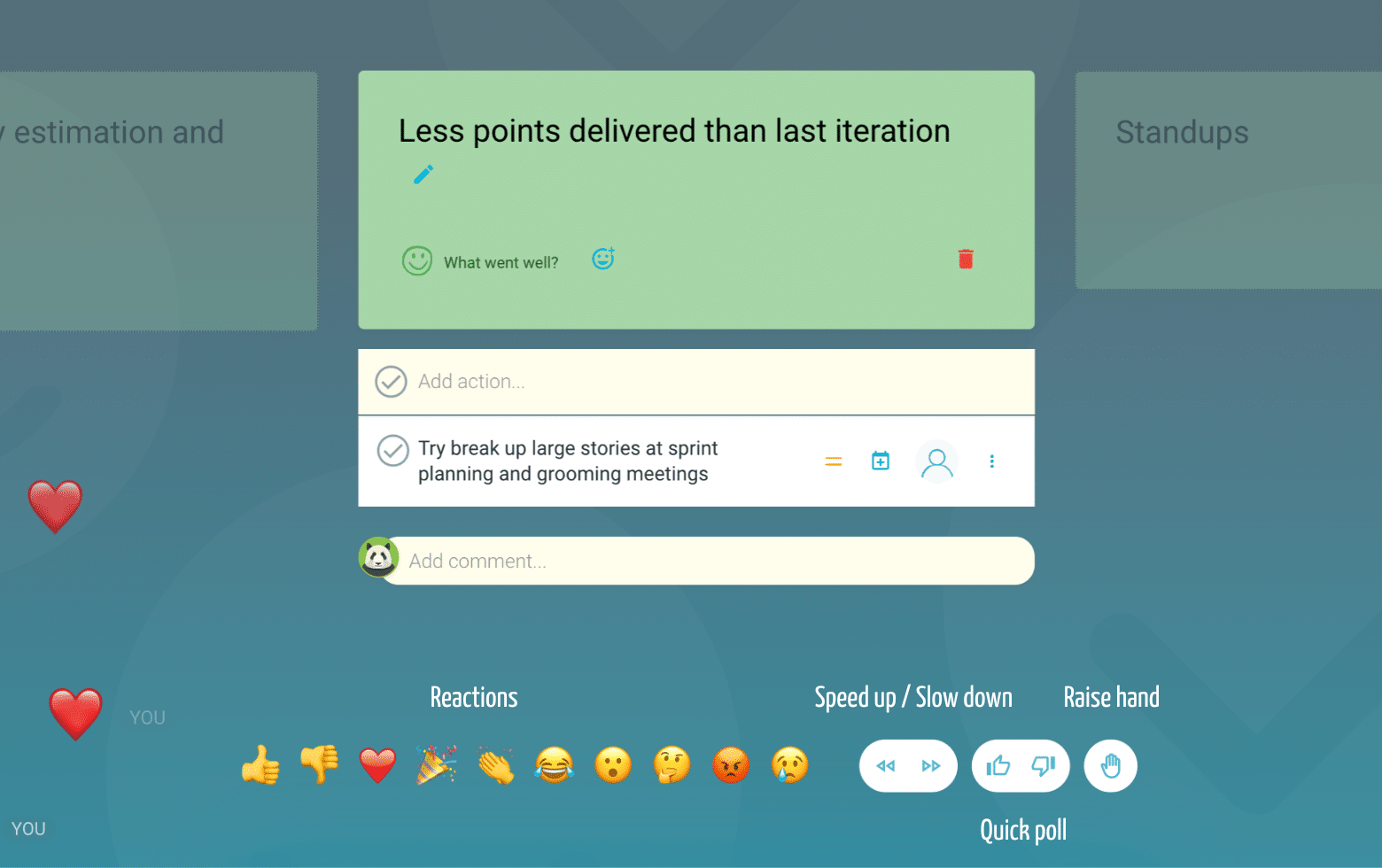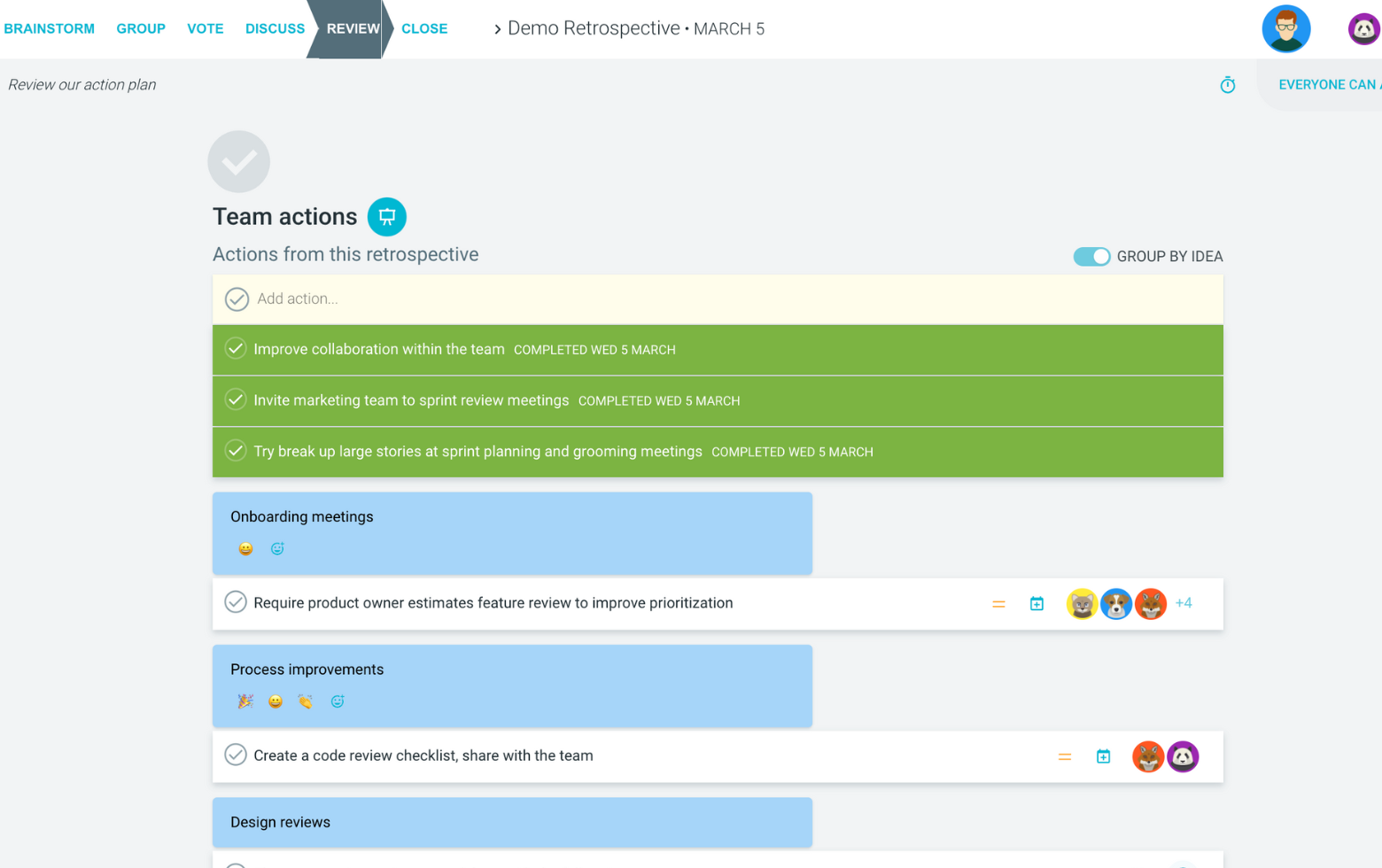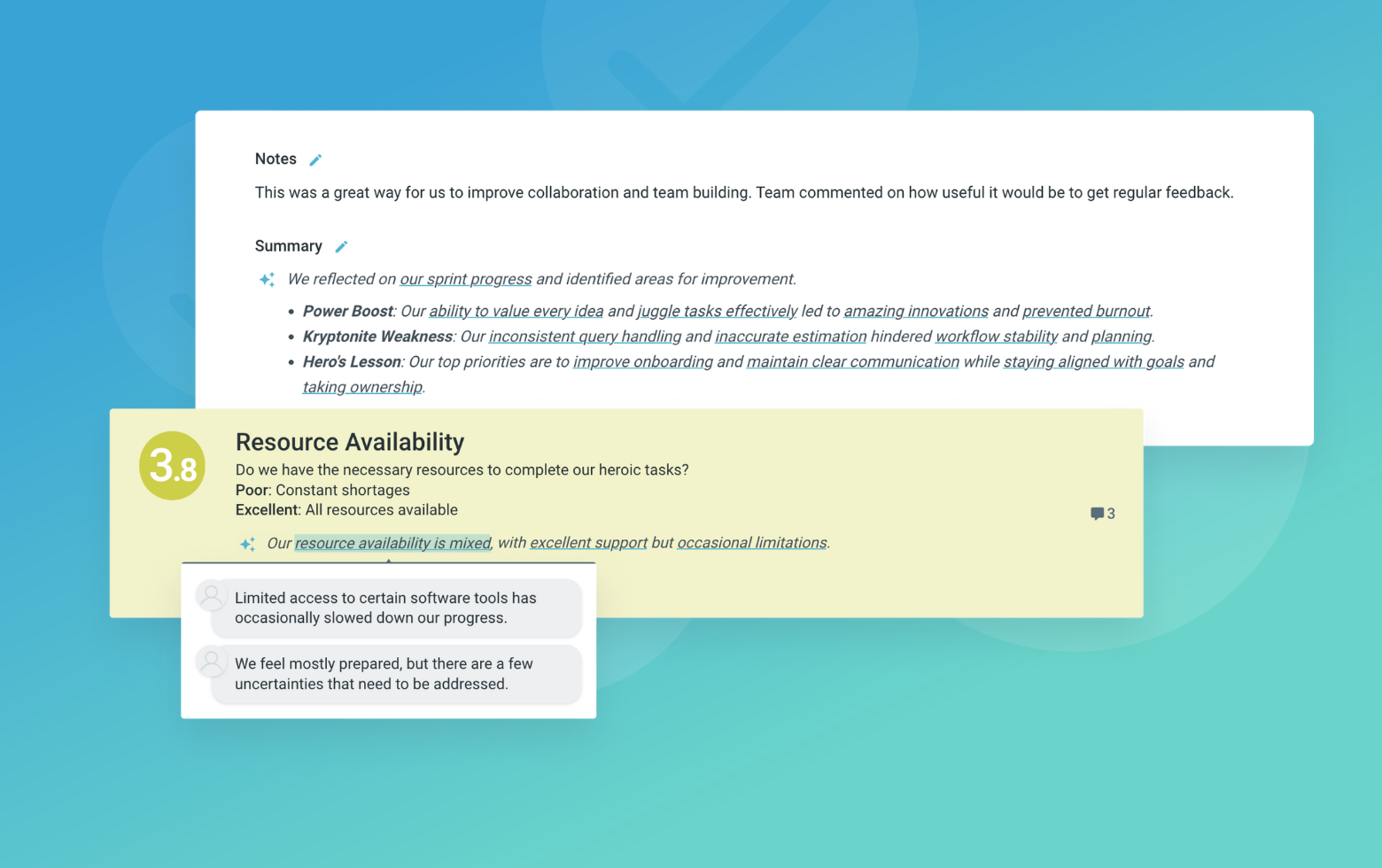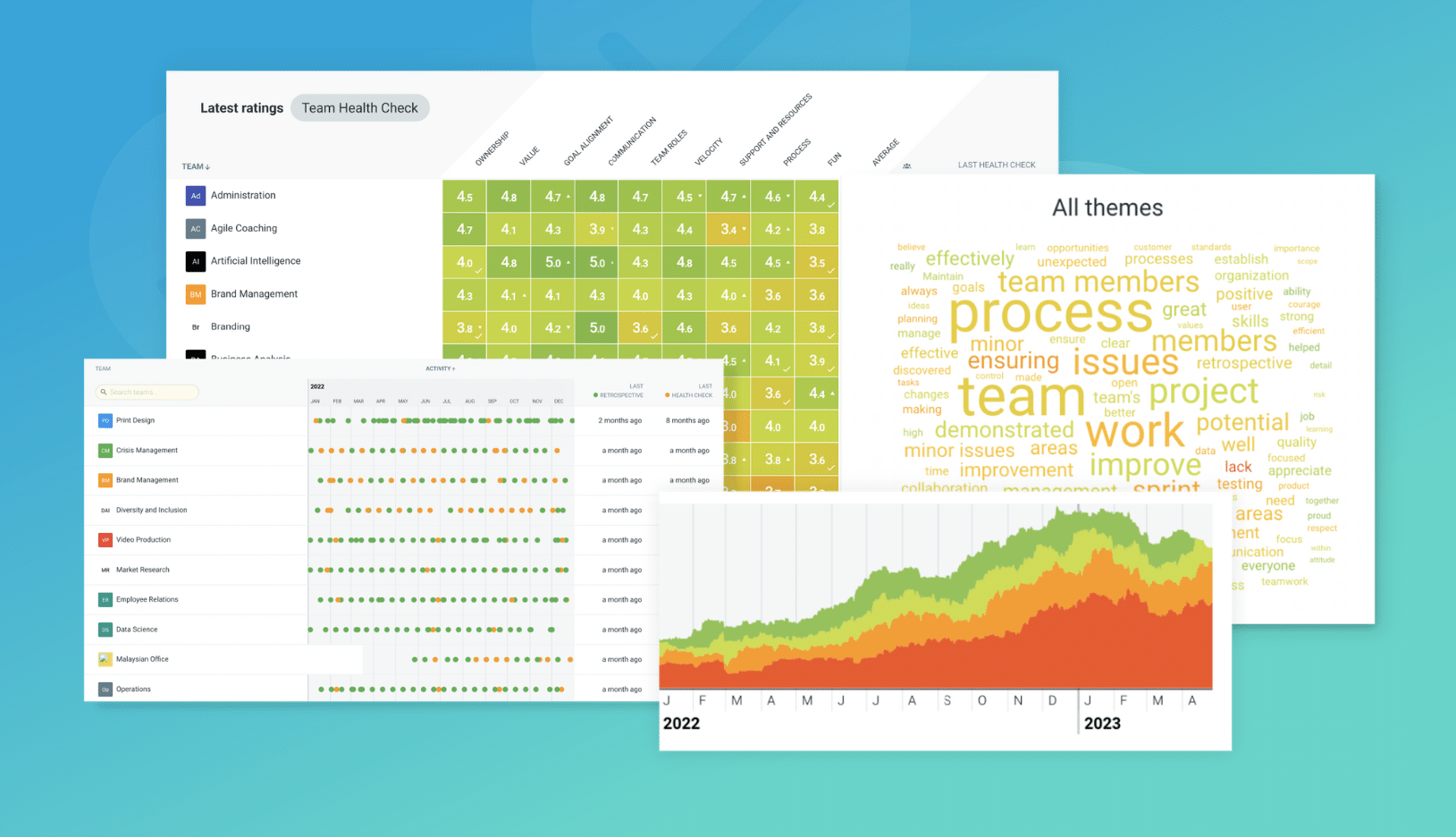The Support Tools and Resources Retrospective is a focused meeting for teams to reflect on the tools, resources, and processes used to provide customer or internal support. It aims to identify areas for improvement, share best practices, and ensure the team has the necessary resources to deliver efficient and effective support.
This retrospective encourages open discussion about the challenges faced, successes achieved, and opportunities for optimization. By evaluating the current state, teams can make informed decisions to streamline workflows, enhance collaboration, and ultimately improve the support experience.
Originally developed by experienced support professionals, this retrospective format has been widely adopted across various industries to foster continuous improvement in support operations.
What is The Support Tools and Resources Retrospective
Support Tools Evaluation
How effective were the tools used for support?
Encourage discussion on the strengths, limitations, and potential improvements for the tools used.
Resource Availability
Did we have access to the necessary resources?
Discuss the availability and accessibility of resources, such as documentation, training materials, and subject matter experts.
Process Efficiency
How well did our processes support effective operations?
Encourage discussion on the strengths and weaknesses of the processes used for support operations.
Collaboration and Communication
How well did we collaborate and communicate as a team?
Encourage open discussion on team dynamics, communication channels, and opportunities for improved collaboration.
Suggested icebreaker questions
- If you could invent a new support tool, what would it do?
- Share a memorable customer interaction that highlights the importance of effective support.
Ideas and tips for your retrospective meeting
- Encourage open and honest feedback from all team members, regardless of their role or experience level.
- Involve stakeholders from other teams, such as product, engineering, and customer success, to gain diverse perspectives.
- Use data and metrics to support observations and identify areas for improvement.
- Prioritize action items and assign owners to ensure follow-through on identified improvements.
- Foster a culture of continuous improvement by regularly revisiting and refining your support tools and processes.
- Celebrate successes and share best practices to reinforce positive behaviors and encourage knowledge sharing.
.
How to run effective meetings with TeamRetro
Start Your Session in a Click
Log into TeamRetro and choose your template. Customise questions and the workflow to create your perfect retro for your team.
Create Your Team Easily – No Separate Accounts Needed
Brainstorm Individually – Free From Bias
Smart Grouping for Faster Insights
Fair, Flexible, and Fast Voting
Engage, React, and Capture Key Insights
Walk your team through ideas one by one with Presentation Mode. Stay in sync, spark real-time discussions, and capture feedback with comments, live reactions, and polls—all in one place.
Turn Ideas Into Action
Propose next steps with team buy-in, get AI-powered action suggestions, and keep everything in one place. Committed actions sync to your personal dashboard and integrate with your workflow tools—keeping you on track.
Save, Share, and Stay on Track
Get quick AI-powered summaries, add facilitator notes, and store retrospectives in your library for easy access. Schedule your next session and track published actions to keep your team accountable at the next retro.
Turn Team Data into Actionable Insights
Uncover trends, common themes, and key engagement metrics at a glance. Track sentiment shifts, analyze conversations, and monitor completed actions to drive continuous improvement.
